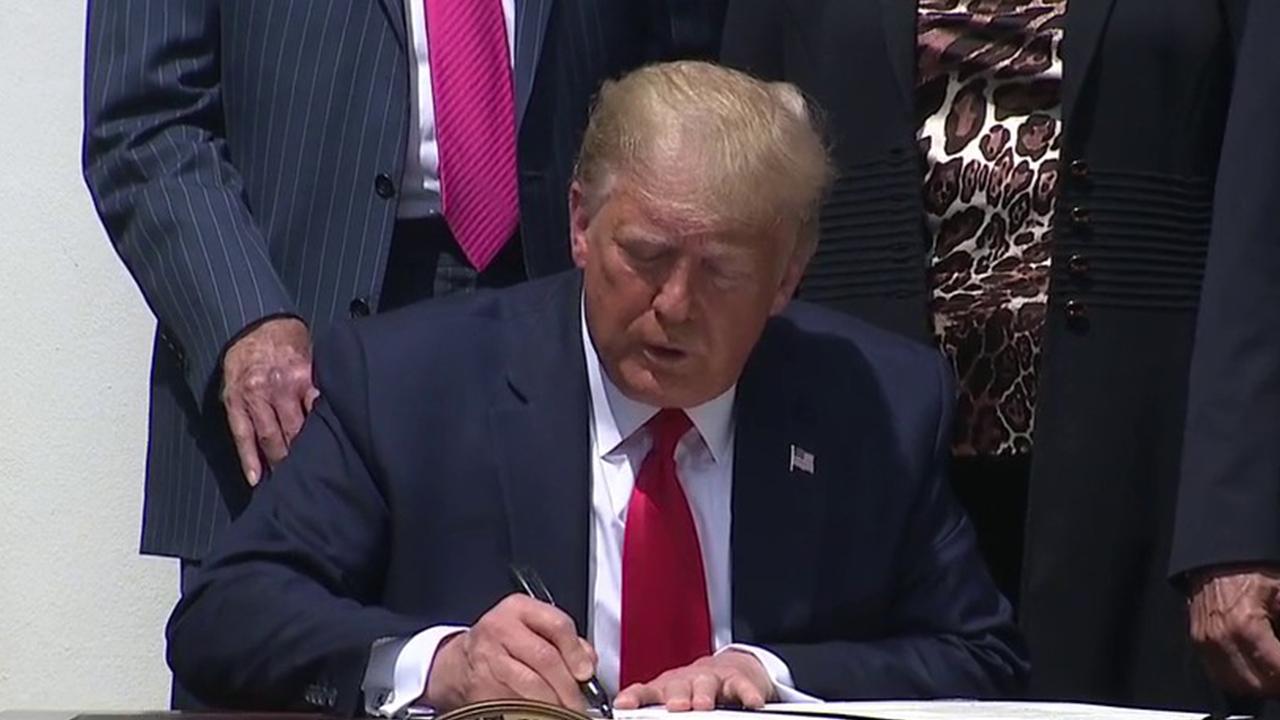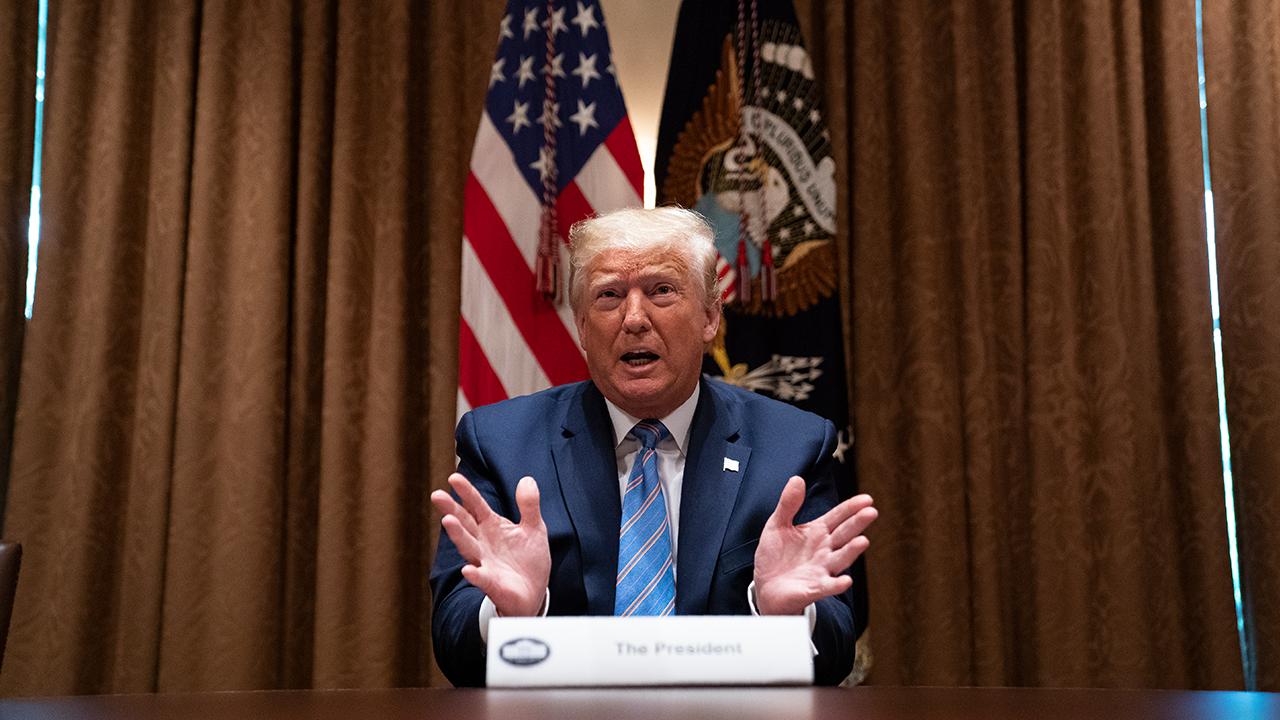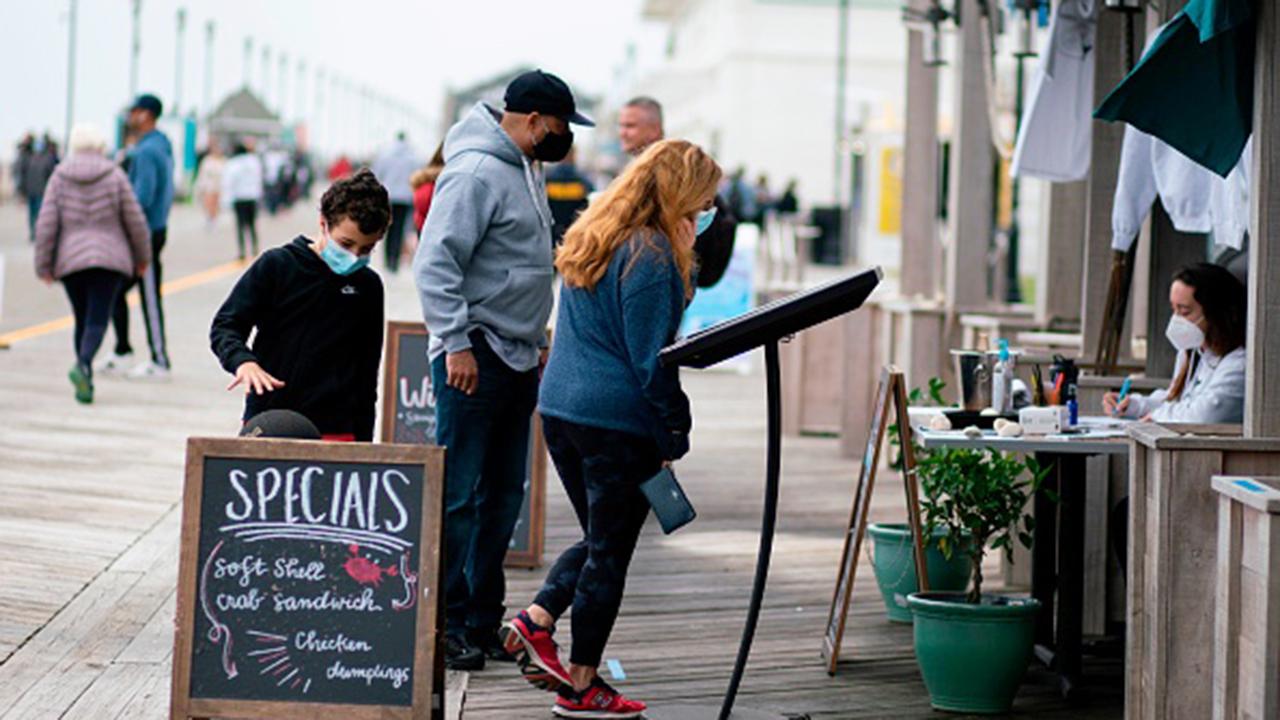SBA sued over excluding convicted felons from PPP loans
The ACLU and other organizations sued the SBA Tuesday
Civil-rights organizations sued the Small Business Administration Tuesday for excluding business owners with felony convictions from a $670 billion relief program for small businesses struggling with the impact of the coronavirus pandemic.
The lawsuit by the American Civil Liberties Union and others comes as small-business advocates and lawmakers escalate a push to provide better access to government aid programs for minority-owned businesses and others in underserved communities.
The lawsuit, which was filed in U.S. District Court in Maryland, challenges an SBA rule that bars people convicted of certain felonies within the past five years from obtaining loans through its Paycheck Protection Program. People currently incarcerated, on probation, on parole, under indictment or soon to be arraigned are also barred from the program, which provides forgivable loans of up to $10 million that can be turned into grants if they are spent on payroll expenses.
The lawsuit says these exclusions weren’t authorized by the law that set up the program, and seeks a preliminary injunction that would force the SBA to suspend the rule.
The SBA declined to comment on the suit. Separately, SBA Administrator Jovita Carranza issued a statement Monday saying the agency has a renewed focus to ensure businesses in underserved communities have access to PPP funds before the program closes for new applications on June 30.
The SBA also said Monday it has reopened another small-business aid program to new applicants. The Economic Injury Disaster Loan, or EIDL, program had been closed to all but agricultural businesses since early May, frustrating many small-business owners who sought more flexible alternatives to the PPP. As of June 12, the SBA approved 1.3 million EIDL loans for a total of $90 billion.
One plaintiff in the ACLU lawsuit is Sekwan Merritt, a black entrepreneur who owns Lightning Electric, a small Baltimore electrical-contracting business, and Defy Ventures, an organization that helps formerly incarcerated people start businesses. Mr. Merritt was denied a PPP loan because he is still on parole for a 2012 nonviolent conviction, the groups said.
MNUCHIN, LAWMAKERS TO EXPLORE PPP LOAN OVERSIGHT AMID CALLS FOR TRANSPARENCY
Another is John Garland, a Black majority owner of a graphic-design business in New York, FastsignsBethpage Inc., who was denied a loan due to a pending misdemeanor charge for which he hasn’t been convicted.
“The excluded small-business owners are more likely to be black and Latinx because of bias in our criminal legal system, and their communities are hardest hit by Covid-19,” said ReNika Moore, director of the ACLU’s Racial Justice Program.
The issue has been simmering for weeks, and the SBA on Friday eased eligibility restrictions for applicants with past felony convictions—reducing the exclusion period to one year from five years for many of those who have records of nonfinancial felonies.
The period remains five years for felonies involving fraud, bribery, embezzlement or a false statement in a loan application or an application for federal financial assistance.
CLICK HERE TO GET FOX BUSINESS ON THE GO
A bipartisan group of four senators issued a statement Monday that the revision doesn’t go far enough to remove barriers for “justice-involved” entrepreneurs, noting that the program still excludes individuals who haven’t yet had their day in court.
“We further want to reiterate that it is inappropriate to exclude from PPP any entrepreneur who has a prior felony unrelated to financial crime,” said the group that includes Maryland Sen. Ben Cardin, the top Democrat on the Senate small-business panel and Sen. Rob Portman (R. Ohio).
An ACLU spokeswoman said the latest rule change doesn’t affect the lawsuit. Other parties to the suit include the Public Interest Law Center and Washington Lawyers’ Committee.
There is no way of knowing how minority-owned businesses fared in the PPP process, since the SBA didn’t require lenders to collect demographic information on loan applicants. The agency recently provided the opportunity for businesses to provide this data when they apply for the loans to be forgiven.
The SBA was also criticized in a May 8 report from its inspector general, which noted the agency failed to follow a directive from Congress to give guidance to lenders about underserved and rural markets.






















